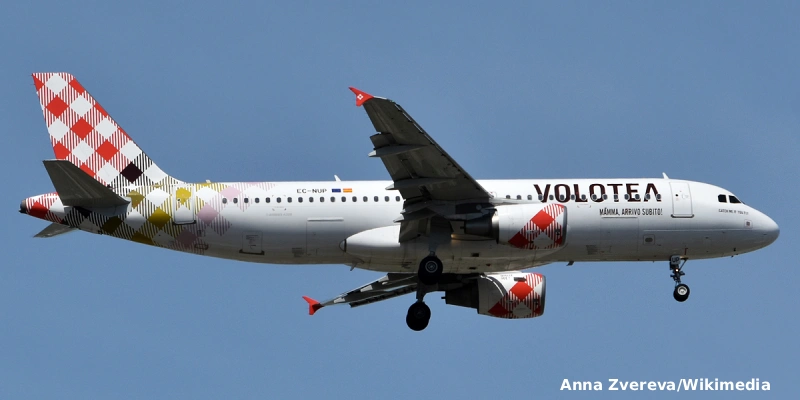The United States Federal Aviation Administration (FAA) issued an alert on Friday to airlines, indicating a “potentially hazardous situation” when flying over Venezuelan airspace. The agency urged companies to exercise extreme caution due to the deteriorating security situation and increased military activity in the region.
Identified Risk Factors
The FAA explained that the threats could affect aircraft at any altitude. Since September, an increase in Global Navigation Satellite System (GNSS) interference has been recorded in Venezuela, with effects that in some cases lasted for the entire flight. Additionally, “activity associated with increasing Venezuelan military preparedness” was reported.
Military Presence in the Area
- The United States has deployed a significant contingent to the area, including the largest aircraft carrier in its fleet, at least eight warships, and F-35 aircraft.
- The government of Donald Trump has bombed vessels accused of transporting drugs from Venezuelan and other Latin American coasts.
- Venezuela, for its part, has conducted multiple military exercises and mobilized thousands of regular and reserve troops. While it has not expressed any intention to attack civil aviation, it possesses advanced fighter jets and weapon systems capable of reaching altitudes used by commercial aircraft.
→ Wingo Reduces Price of Its Basic Fare by Up to 20% on Bogotá-Caracas Route and Adjusts Conditions
Impact on US Airlines
Direct passenger and cargo flights between the United States and Venezuela have been suspended since 2019. However, some companies were still using routes that crossed Venezuelan airspace to connect with destinations in South America.
- American Airlines confirmed that it stopped flying over Venezuela in October.
- Delta Air Lines stated that it had made the same decision “a while ago.”
The FAA notice requires airlines to report any flight plans over the country with at least 72 hours’ notice, although it does not outright prohibit these operations.
The agency emphasized that the combination of air defense systems, anti-aircraft artillery, and the capability of Venezuelan fighter jets represents a potential risk to aircraft at low and medium altitudes. The body stressed that it will continue to assess the security environment for civil aviation in the region.
Related Topics
IAG Posts Record €3.342 Billion Profit for 2025
Condor to Move Operations to Frankfurt Airport’s New Terminal 3 in 2027
TAP Air Portugal Announces Ambitious 2026 Expansion Plan: New Orlando Route, Intermediate Cabin, and Brazil Reinforcement
Volotea Resumes Its Menorca-Verona Route Starting in August

Plataforma Informativa de Aviación Comercial con 13 años de trayectoria.




